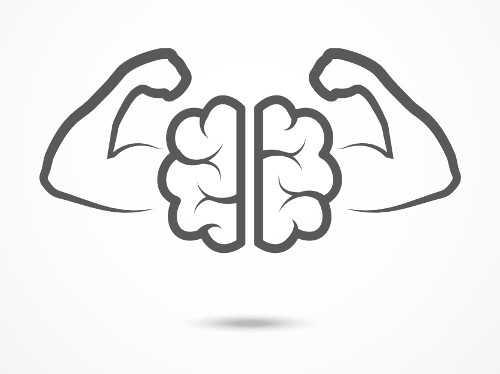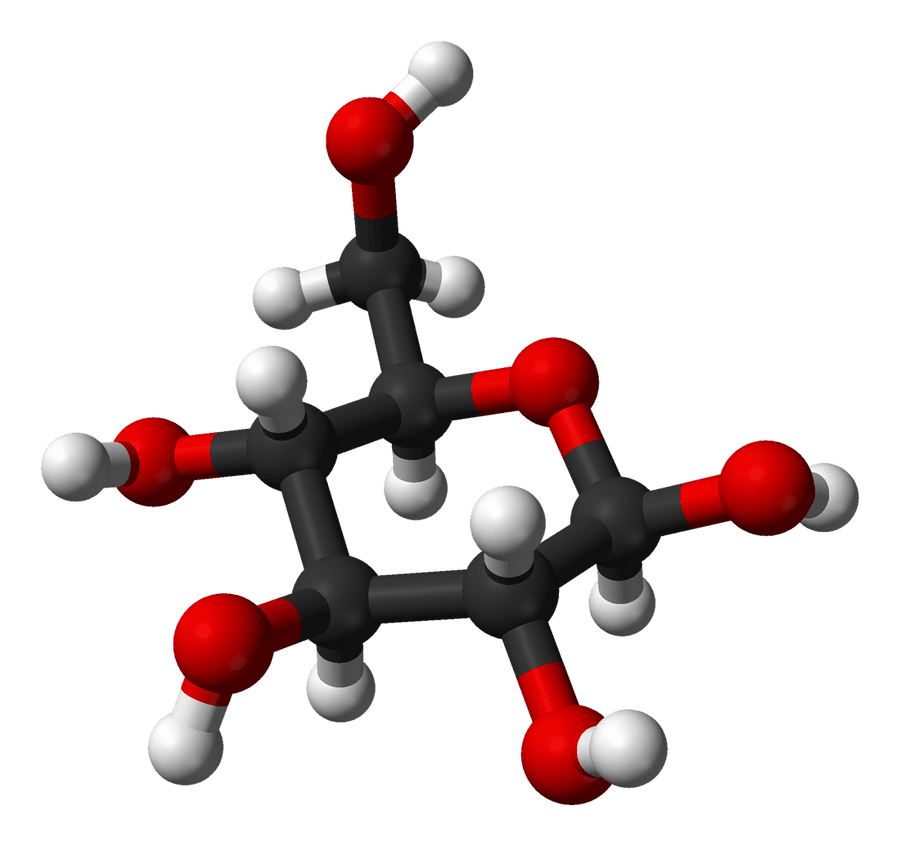The Psychology of Willpower
Curated from: positivepsychology.com
Ideas, facts & insights covering these topics:
11 ideas
·133K reads
1.15K
7
Explore the World's Best Ideas
Join today and uncover 100+ curated journeys from 50+ topics. Unlock access to our mobile app with extensive features.
What willpower is
Willpower is the ability to resist or delay short-term desires to achieve long-term goals. Other names for willpower are self-discipline, self-control, self-regulation, determination, drive. Willpower consists of three things:
- "I won't" power - Saying "no" to temptation.
- "I will" power - Saying "yes" to the things you know will lead to long-term satisfaction.
- "I want" power - Remembering your goal.
4.81K
24.5K reads
Benefits of willpower
- Self-control appears to be a better predictor of academic achievement, a determining factor of effective leadership, and essential for marital satisfaction.
- People who harness their willpower more effectively are happier, healthier, have better relationships, are further ahead in their careers, are more able to manage stress and deal with conflict.
3.77K
16.7K reads
The neuroanatomy of willpower
- The prefrontal cortex (PFC) is the part of our brains situated right behind our forehead. It is responsible for abstract thinking, analyzing thoughts, and regulating behavior.
- The PFC controls what we think about, what we pay attention to, how we feel. Studies point out that this part of the brain is only fully developed around age 25.
- The "I will power" is controlled by the region near the upper left side of the brain and helps you start and continue with not so fun tasks.
- The right side handles the "I won't power," preventing you from acting out on every impulse.
- The "I want power" sits in the middle of the PFC and keeps track of your goals and desires.
3.7K
12.7K reads
What happens to a damaged prefrontal cortex (PFC)
When the PFC gets damaged, it can alter your personality and interfere with your willpower. One recorded case of damage to the PFC was in 1848, when an iron went straight into the skull of Phineas Gage, blowing away his PFC. He survived, but had a complete personality change, became irreverent, indulging at times, impatient of restraint or advice.
States that inhibit our PFC are being drunk, sleep-deprived, or just distracted. It can lead us to focus on our impulses, rather than our long-term goals.
3.5K
11.6K reads
The impulsive system and the cognitive system
- The hot system is the impulsive, emotional part, and manage your responses to certain triggers.
- The cool system is the cognitive, thinking system that reminds you to tame your impulses and focus on your long-term goals.
A willpower challenge is a conflict between these two systems, where one eventually will triumph.
3.55K
11.3K reads
Improve your self-awareness by tracking your daily choices
Once we understand the root cause of our behaviors, it is easier to work towards our goals. One way is to improve our self-awareness. How many food choices do you make a day? While most people would guess around 14, studies reveal the average number is 227.
Self-awareness is the ability to recognise what we are doing as we're doing it. One way to increase your self-awareness is to keep track of all your choices on a given day, then analyse which ones supported your long-term goals and which ones didn't.
3.73K
10K reads
Meditation increases self-control
Meditation can train your brain for better self-control. Meditation increases your attention, focus, stress management, impulse control, and self-awareness.
When we practice a certain behavior, we strengthen the neural connections for that behavior, making it more accessible and likely to occur. Practice worrying, and you get better at worrying. Practice concentration, and you'll get better at concentration.
3.9K
9.94K reads
Physical exercise can be a great tool to enhance self-control
One study found that participants who focused on consistent exercise for two months ate less junk food and more healthy foods; they watched less television; they studied more; they saved more money; they procrastinated less.
Instead of considering how much exercise you need for results, focus on how much you're likely to do. Start with realistic goals.
3.71K
9.31K reads
Glucose levels and willpower
Our brain's normal functions, such as thinking, learning, and memory, relies on glucose. Exerting our willpower uses a considerable amount of this fuel, leaving our brains in a state of alert trying to attain normal blood sugar levels. The drop in blood sugar will generally leave us more and prone to reach for sugary foods. But high fructose corn syrup can increase levels of stress hormones in the brain.
To prevent this, eating whole foods regularly and avoiding refined sugars will keep your glucose levels stable and equip you with increased willpower.
3.55K
8.81K reads
Stress weakens self-control
When you're stressed, the sympathetic nervous system takes over - also referred to as the "fight or flight system." It enables your body to respond quickly to perceived threats or stress. When this happens, your heart rate goes up and stays high, leading to feelings of anxiety and anger.
People with high levels of stress are more prone to poor self-control and focus. Stress will also shift your brain to a reward-seeking state: Whatever will make you happy at the moment will become a fixation. That is why people who are stressed are more likely to smoke, gamble, play video games, surf the internet or watch TV. The most effective stress-relief strategies include exercising, reading, listening to music, and spending time with loved ones.
3.79K
8.14K reads
Weakening your willpower
Two other major hindrances to self-control are:
- Self-criticism: Feeling bad makes it harder to resist temptation because we want to cover our shame and guilt with instant gratification. Instead, be compassionate with yourself, especially when confronted with failure.
- Temptation: Environmental cues create tempting environments that can trigger your impulses. It is important to reflect before you act.
3.72K
9.85K reads
IDEAS CURATED BY
Gian Dara's ideas are part of this journey:
Learn more about personaldevelopment with this collection
How to strengthen your willpower
How to overcome temptation and distractions
The role of motivation in willpower
Related collections
Similar ideas
7 ideas
How to Boost Your Willpower
psychologytoday.com
4 ideas
How to Improve Your Self-Control
verywellmind.com
Read & Learn
20x Faster
without
deepstash
with
deepstash
with
deepstash
Personalized microlearning
—
100+ Learning Journeys
—
Access to 200,000+ ideas
—
Access to the mobile app
—
Unlimited idea saving
—
—
Unlimited history
—
—
Unlimited listening to ideas
—
—
Downloading & offline access
—
—
Supercharge your mind with one idea per day
Enter your email and spend 1 minute every day to learn something new.
I agree to receive email updates






